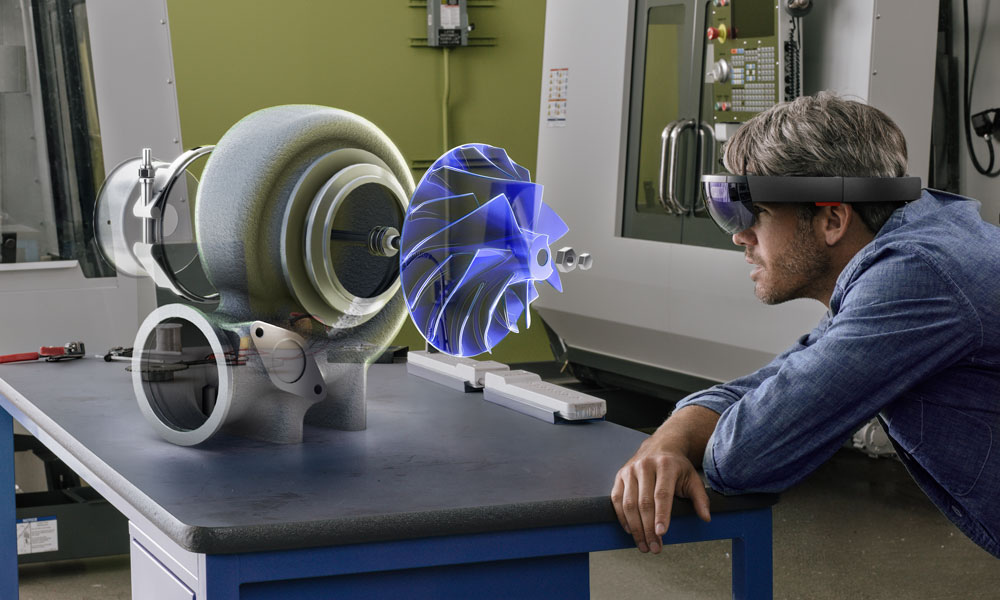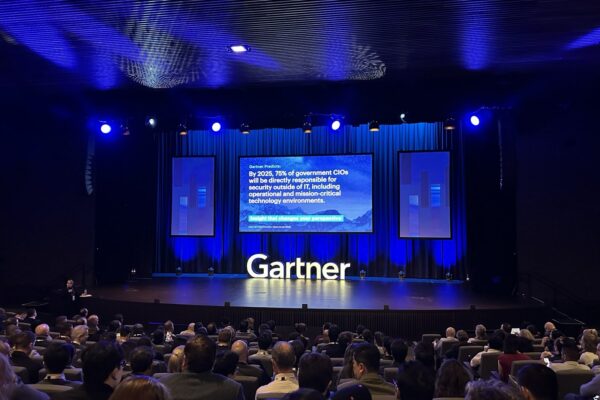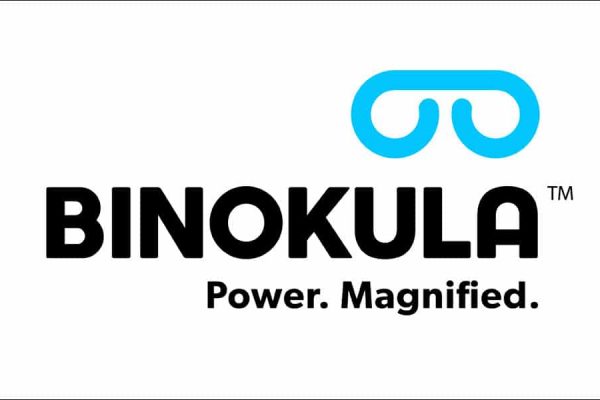Computing has become ubiquitous. Mobile devices and wearable computers keep us connected, working or entertained in ways we couldn’t imagine just a decade ago.
Augmented reality and virtual reality are the next logical progression and we have already seen devices like Google Glass and the Oculus Rift making huge leaps on this frontier.
What Microsoft is doing with HoloLens, however, isn’t just a leap. It’s more like crossing the solar system.
There were two impressive HoloLens demonstrations during last month’s Microsoft World Partners Conference in the USA, and I was lucky enough to be among the 15,000-strong audience as we watched in fascination and not-quite disbelief.
To allow so many people to see what normally occurs inside one person’s HoloLens headset, Microsoft used a custom-engineered camera which essentially places a HoloLens unit on the camera itself.
The first demonstration was based around an industrial design scenario where a graphical designer creates a 3D model of a motorcycle using Autodesk Maya.
HoloLens enabled the designer to view, rotate and scale a holographic model on the empty desk beside him.
It looked very impressive and stable – but that was just the start of the demo.
Next, the designer rendered an actual-size holographic fairing onto a naked motorcycle frame on the stage, walked around it, and adjusted the position of the bike’s mirrors on the hologram, which updated the design in Maya.
Stunned silence was followed by lengthy applause.
The list of potential HoloLens applications is almost endless and we have witnessed the first few steps of what promises to be a revolutionary and disruptive technology. The future is now!
Here’s more from the HoloLens demo:





